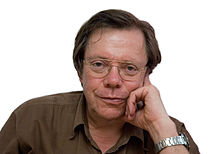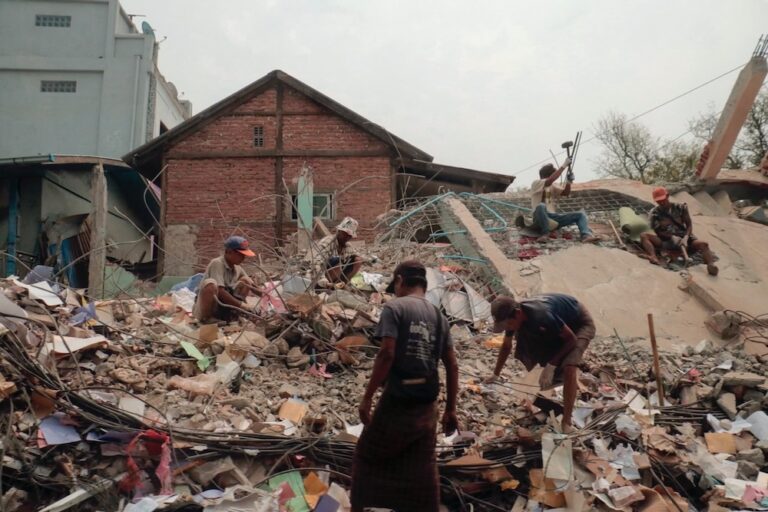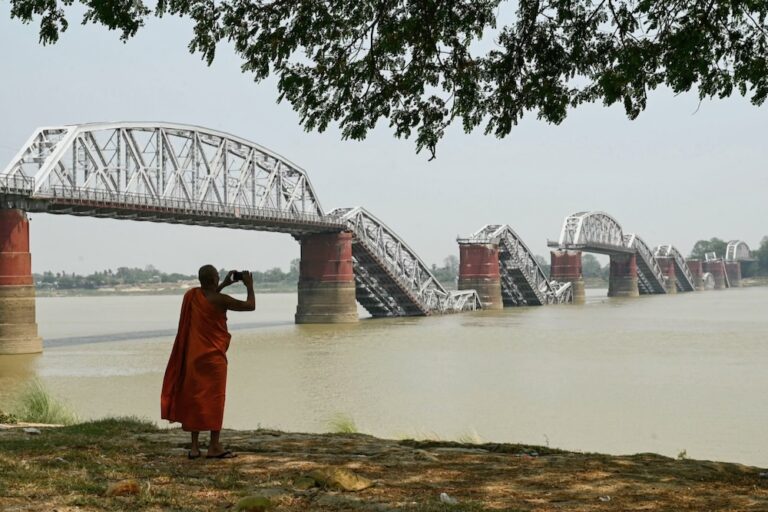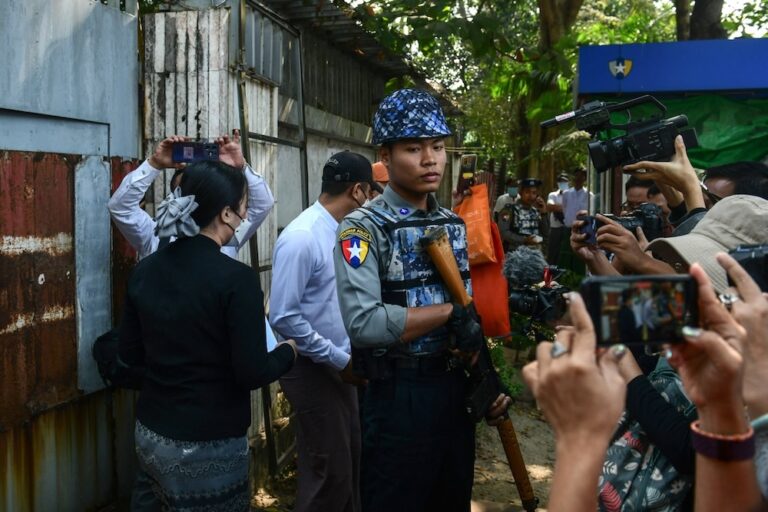Prominent Burma-watcher, journalist and author Bertil Lintner was in Yangon for a weeklong journalism workshop. The formerly blacklisted writer was interviewed by Mizzima about recent political developments and the year ahead.
This statement was originally published on mizzima.com on 2 January 2015.
Prominent Myanmar-watcher, journalist and author (“Outrage”, “Aung San Suu Kyi and Burma’s Struggle for Democracy”) Bertil Lintner was in Yangon for a weeklong journalism workshop. The formerly blacklisted writer was interviewed by Mizzima’s Tin Zar Aung about recent political developments and the year ahead.
The government has previously stated it is following a 7 step roadmap. Where are we now?
I think we are at the end of the roadmap. I haven’t seen any more steps.
Are Myanmar’s political and economic reforms real?
Not really. A friend of mine summed it up by saying, everything is different now but nothing has changed. There is more press freedom than before, political parties can be active but the basic power structure in society has not changed.
It is not only the 25 percent of the seats reserved for the military in parliament that gives them effective veto rights against any constitutional change. The military also has the final say in the appointment of the defence minister, home minister and the minister of border affairs, the three ministries that are overseeing security. The ministry of home affairs is a very important ministry. And more importantly, the armed forces answer to the commander in chief, not to the elected government or parliament.
Is there a possibility of a military coup after the 2015 elections?
There is always a possibility, because the military has the constitutional right to seize power if the president decides that the country has reached the point where the government cannot function. So it wouldn’t be a coup like before, it would be a constitutional handover of power to the military.
People say that under the U Thein sein government a nationwide peace accord will be signed. is this realistic?
No, the order of things is wrong. Normally in a peace process you announce a ceasefire. You don’t sign anything, you announce it. After that you talk, but you don’t talk about the technicalities of a ceasefire agreement, which is what they are doing now. You talk about the political reasons why there is a war. Then when you reach a consensus you sign an agreement, not a ceasefire agreement but a political agreement. In Myanmar they are putting the cart before the horse. Therefore, it is not going to work.
Many critics are unhappy with the NLD-performance in parliament. What is your view on this?
Normally the opposition proposes alternatives, an alternative to official government policies. From what I have seen, the NLD hasn’t done that.
Some say the government party USDP is split.
They are not split but there are three different factions. One is the U Thein Sein faction, the second is the U Shwe Mann faction and the third is led by U Aung Thaung, who is possible the hardliner. U Shwe Mann is getting closer to Aung San Suu Kyi and President Thein Sein is somewhere in the middle. But so far there is no split.
Can they hang together until the election?
We will have to wait and see.
What is your take on U Shwe Mann and his contribution to the reform process?
I don’t think it is important how I see U Shwe Mann. That is very unimportant. What is important is how the army sees U Shwe Mann. My impression he is not that popular with the tatmadaw. I think some view him as too ambitious, trying to gain economic influence through his family. If this is correct, I would find it hard to believe the army would back him to become president.



